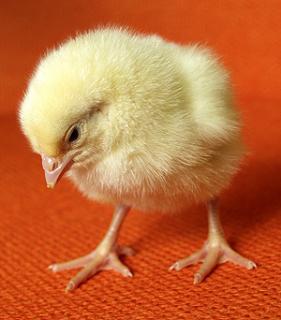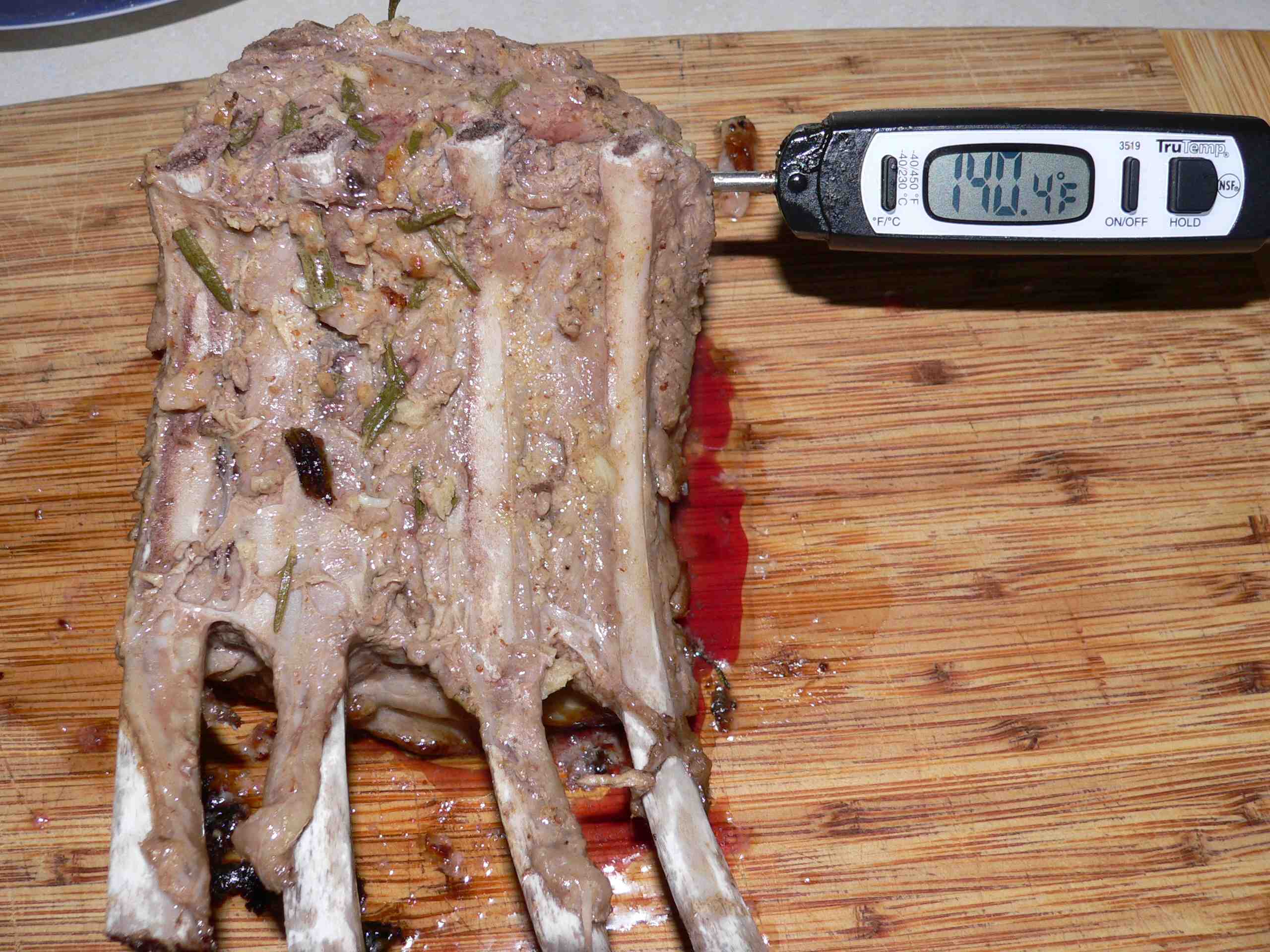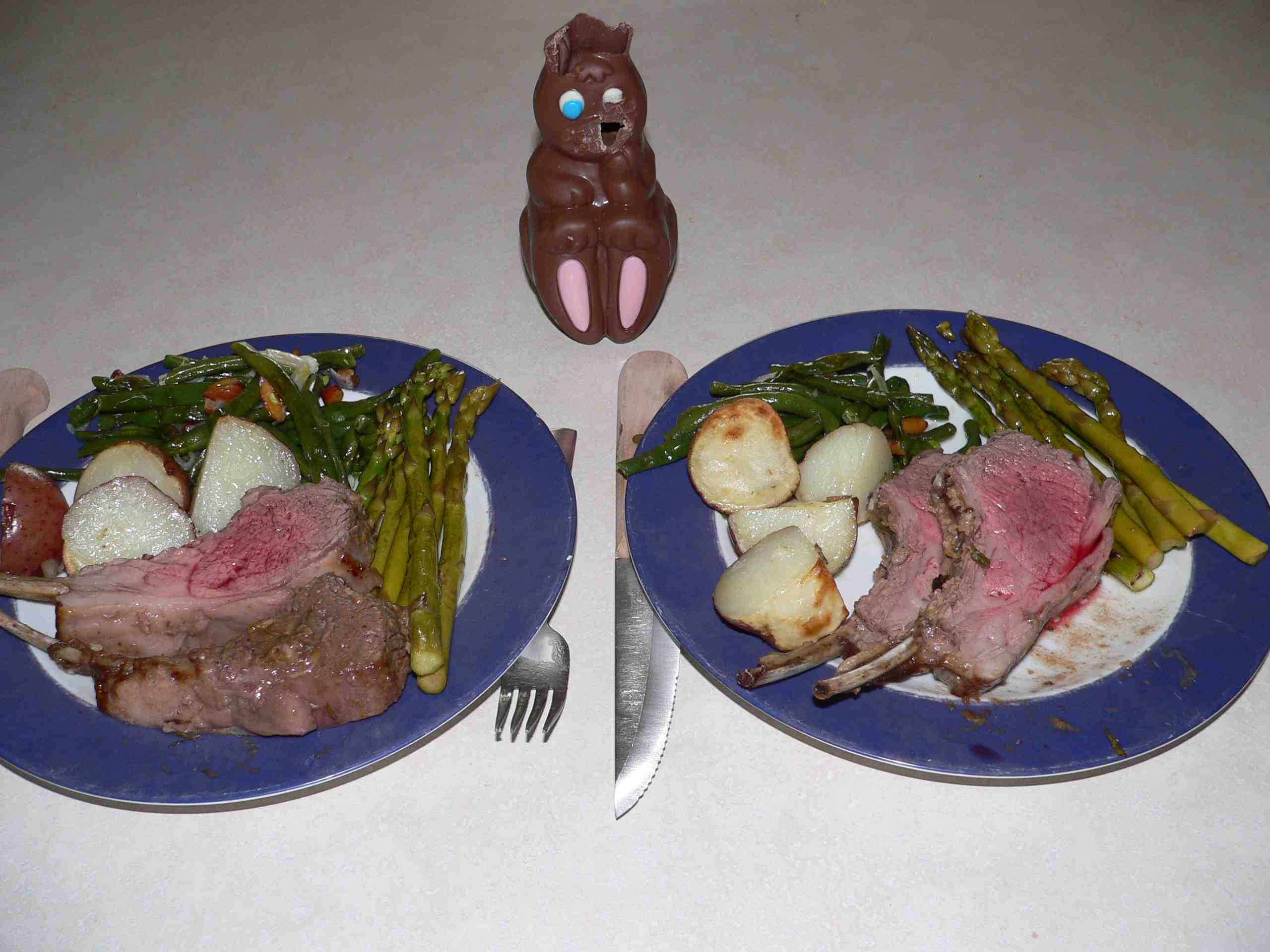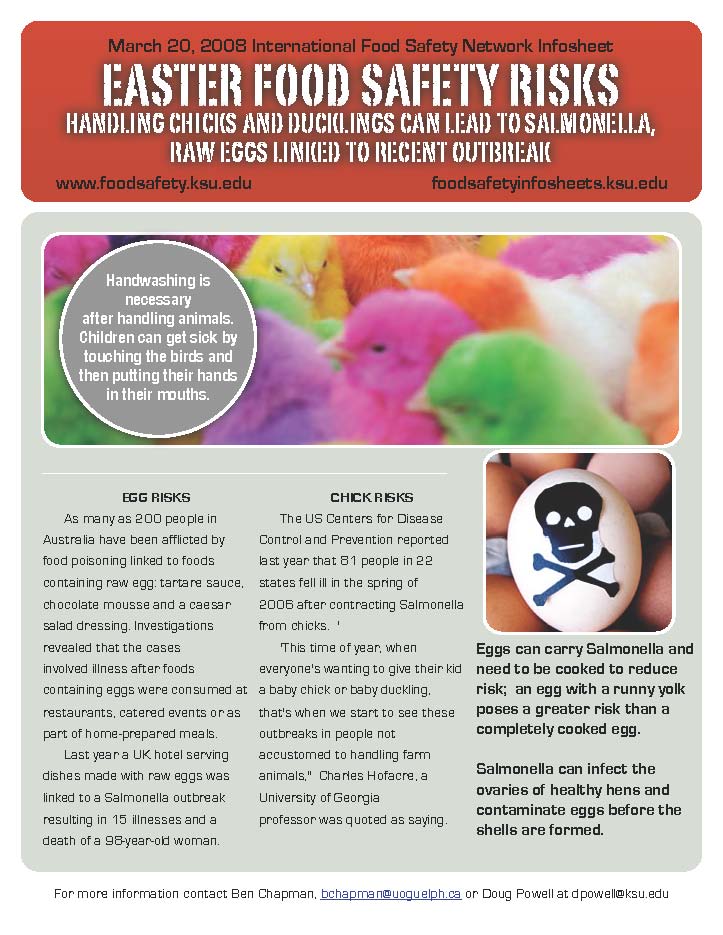Springtime and the approaching Easter holiday are causing concern among health officials.
This is the time of year people tend to buy chicks and ducklings for their backyard flocks. As a result, the number of people who become infected with salmonella spikes.
 “While it’s fun for families to get baby birds, the bacteria they shed can make people sick,” said Dr. Kathy Lofy, Washington health officer, in a news release. “This is especially true for young children, who account for the largest proportion of live poultry-related salmonella cases.”
“While it’s fun for families to get baby birds, the bacteria they shed can make people sick,” said Dr. Kathy Lofy, Washington health officer, in a news release. “This is especially true for young children, who account for the largest proportion of live poultry-related salmonella cases.”
Last year, 19 people in Washington were part of a multistate outbreak of salmonella associated with handling live poultry. Thirteen of the cases involved children younger than 10.
One of those children was Liz Wilson of Yacolt.
Liz, who was 3 at the time, became infected with salmonella in April 2013 after her family purchased nine chicks and two ducklings from a local farm store.
The family, which includes nine kids ranging in age from 4 to 16, purchased the chicks to raise for eggs, said Liz’s mother, Denise Kaski. Her husband, David Kaski, had chickens in the past and knew what it took to raise the birds, but they weren’t aware of the salmonella risk, Denise Kaski said.
“I wasn’t really informed,” she said.
infection. “The first thing a very small child is going to want to do is give these cute little chickies a little kiss,” said Dr. Alan Melnick, Clark County Public Health director and health officer. “That’s not a good thing to do.”
On April 4, 2013, about a week after the family brought the chicks home, Liz became lethargic, started vomiting, had bloody diarrhea and wouldn’t  eat. She couldn’t even keep down what she was given through a feeding tube that is used to supplement her diet, Kaski said.
eat. She couldn’t even keep down what she was given through a feeding tube that is used to supplement her diet, Kaski said.
Liz was taken by ambulance to Randall Children’s Hospital at Legacy Emanuel in Portland. As doctors ran tests, Kaski started Googling Liz’s symptoms. She came across information about salmonella and told Liz’s doctor the family recently purchased chicks.
Liz has no lasting effects from the infection, but Kaski knows the situation could have been worse. The family got rid of the chickens, and Kaski warns others about Salmonella and the importance of hand-washing.
“I don’t want anybody else to have to get sick like that,” she said.
 Peter Oakley discovered the syringe in an easter egg his mother had purchased from the Canterbury Garden Woolworths in Kilsyth.
Peter Oakley discovered the syringe in an easter egg his mother had purchased from the Canterbury Garden Woolworths in Kilsyth.



 most of those who got sick were young children.
most of those who got sick were young children. have not confirmed the source.”
have not confirmed the source.” eggs, which apparently raised the ire of some Conservative commentators.
eggs, which apparently raised the ire of some Conservative commentators.
 holiday in question approaches.
holiday in question approaches.


